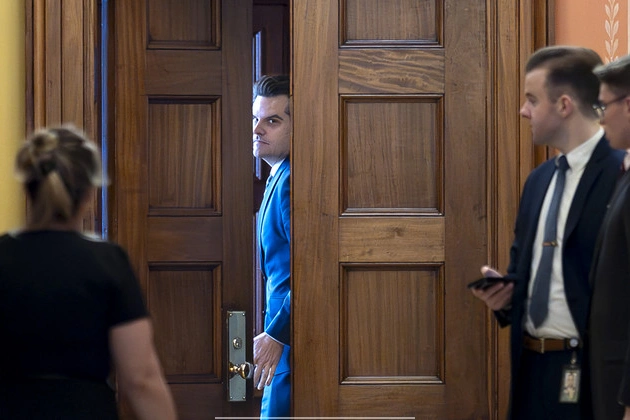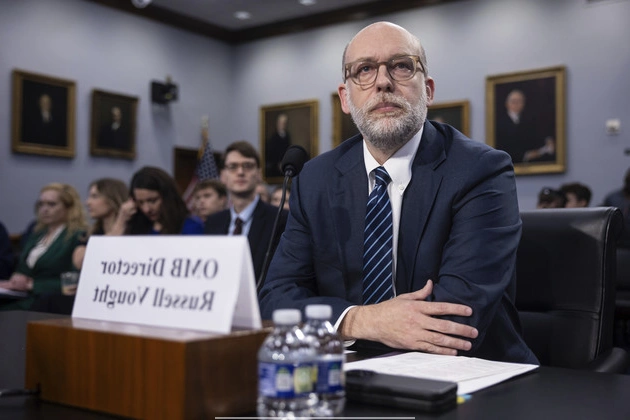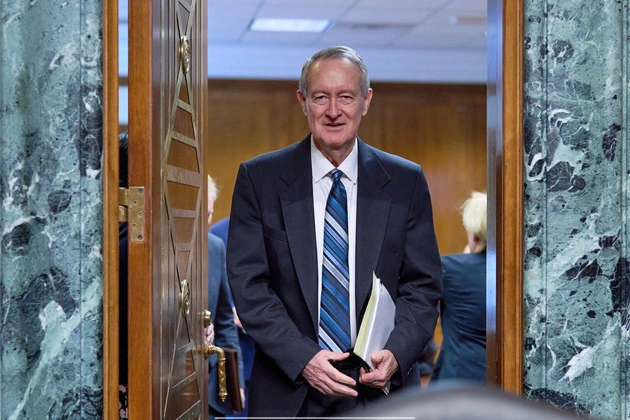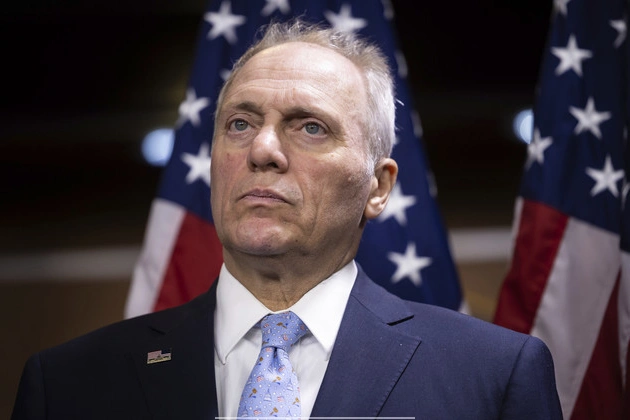
Former Rep. Matt Gaetz’s departure from Congress has left a lasting mark on the House Ethics Committee, which continues to grapple with the fallout from its investigation into the Florida GOP lawmaker. Amidst debates over transparency and leaks, the committee faces a daunting task of rebuilding its reputation and functionality.
Despite the reluctance of lawmakers to serve on the Ethics Committee, recent events have underscored the critical role it plays in upholding ethical standards within Congress. The controversy surrounding Gaetz’s alleged misconduct has raised questions about the committee’s ability to operate effectively and impartially.
The Challenge of Rebuilding
With the appointment of new members to the Ethics Committee, including Rep. Michael Guest as chair, the committee must navigate a delicate balance between investigating past cases and addressing new allegations. The legacy of the Gaetz scandal looms large, casting a shadow over the committee’s ability to maintain confidentiality and nonpartisanship.
One of the key challenges facing the committee is the preservation of its strict code of confidentiality. Recent leaks and public debates have exposed internal divisions and raised doubts about the committee’s ability to function independently.
Lessons Learned
The Gaetz scandal has served as a wake-up call for the Ethics Committee, highlighting the need for greater transparency and accountability. The release of the Gaetz report after his resignation has sparked a debate over the committee’s role in holding lawmakers accountable for their actions.
Former committee members emphasize the importance of upholding the committee’s integrity and nonpartisanship, even in the face of political pressures. The reconstituted committee must strive to regain public trust and demonstrate its commitment to ethical governance.
Looking Ahead
As the Ethics Committee prepares to tackle new cases and investigations, it faces a critical juncture in its history. The lessons learned from the Gaetz scandal will inform the committee’s approach to future challenges and help shape its role in upholding congressional ethics.
Ultimately, the success of the Ethics Committee hinges on its ability to uphold its core values of integrity, confidentiality, and nonpartisanship. By learning from past mistakes and embracing a culture of transparency, the committee can rebuild trust and credibility among lawmakers and the public.















